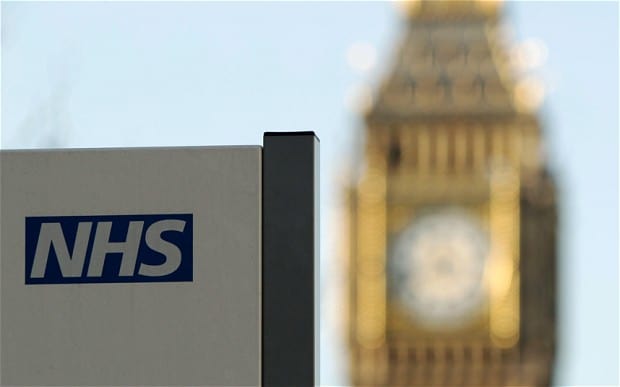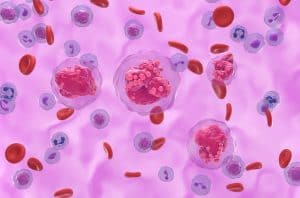
Cancer Drugs Fund to stay, government to announce
pharmafile | September 27, 2013 | News story | Medical Communications, Sales and Marketing | CDF, Cameron, NHS, NICE, VBP, prime minister
The UK’s prime minister is set to announce that the controversial Cancer Drugs Fund will remain in place after March next year, a tacit admission that the new value-based pricing scheme may not increase uptake.
According to sources at the Financial Times, the £650 million Cancer Drugs Fund (CDF) will not be terminated next year as originally planned. The CDF was established in October 2010 to pay for new oncology medicines not recommended by NICE, or under appraisal by the watchdog.
The government was seen to bow to pressure from both pharma and the UK media in 2010 when the Fund was set up, as they both criticised NICE for knocking back treatments.
The Fund was meant to be just a stop-gap before the government’s new value-based pricing (VBP) scheme which comes into effect from January, that is designed to stop the need for any specialist funding for new cancer medicines.
But should Cameron announce the plans at the Conservative party conference next week, as expected, this would be a tacit recognition that the VBP plans cannot deliver on its promise of better access.
The decision would also continue to undermine NICE, as the tab from any rejections of new cancer treatments will simply be picked up by the government’s fund, rendering its negative decisions redundant.
Many have also questioned why cancer should receive special consideration and why other diseases, such as multiple sclerosis and Alzheimer’s, are exempt from such funding.
Pharma lobbying
But this registers as a partial success for the pharma industry which in recent months has ramped up the pressure on the government to keep the Fund in some form, or guarantee better access to cancer drugs.
Just two weeks ago Roche, Novartis and Sanofi joined forces in order to ensure that cancer drugs uptake improved from next year, arguing that the Fund should stay or risk denying patients their treatment.
Sanofi told Pharmafile that it was concerned that NICE isn’t up to the task of appraising these medicines after a slew of rejections have come from the watchdog in the past 18 months, which includes its own colorectal cancer drug Zaltrap.
“We feel that NICE’s methods need to be reformed to better take into account the nature of cancer and the way it can be treated,” said Katy Munns, head of government affairs at Sanofi, adding: “It is hard to see how the CDF can be withdrawn if VBP simply inherits the existing process”.
A spokesman from the Cancer Research UK charity (CRUK) took a slightly more cautious tone, saying: “Personalised medicine is changing the overall approach to drug development, so newer targeted drugs are being produced for smaller patient groups [but] it’s not clear that NICE’s methods will be flexible enough to support this approach.
“We want to make sure that the way NICE thinks about cost effectiveness reflects the nature of personalised medicine.”
A UK fund?
Sanofi said it would also like to see similar funds in Northern Ireland, Wales and Scotland as the CDF is currently only available in England.
“The inequality in access is stark and depressing,” Munns says. “Even if the CDF is associated with one particular party, even if it is seen as a reactive policy, it works. Over 30,000 patients have benefited. The devolved nations’ inertia is indefensible in the context of patients being denied access to new cancer treatments.”
CRUK said it wants to see a ‘more strategic approach’ to improving access to cancer treatments across the whole UK. “A long-term solution is needed to ensure all patients across the UK can access effective cancer drugs,” it added.
But the CRUK says it has found that many patients are not actually aware of the Fund. It said that its Cancer Help UK phone lines receive just ‘a small number’ of enquiries about the CDF, normally from patients who have had problems accessing treatment, and often they will ask about drugs not on the CDF list.
“It is not clear how much patients know about the Fund – conversations with clinicians tend to focus on treatment options and patients are not normally exposed to the funding process,” it says.
Ben Adams
Related Content

NICE recommends migraine treatment for NHS use
The National Institute for Health and Care Excellence (NICE) has shared draft guidance recommending AbbVie’s …

GSK’s Jemperli recommended by NICE for endometrial cancer treatment
GSK has announced that the National Institute for Health and Care Excellence (NICE) has recommended …

NICE recommends SC treatment of AbbVie’s Tepkinly for patients with DLBCL
AbbVie has announced that the National Institute for Health and Care Excellence (NICE) has recommended …








